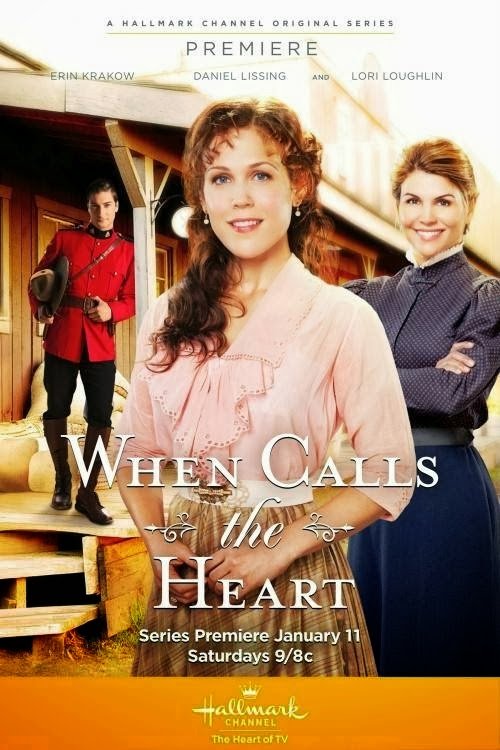“Welcome to Shakespeare’s Globe”

| None | Light | Moderate | Heavy | |
|---|---|---|---|---|
| Language | ||||
| Violence | ||||
| Sex | ||||
| Nudity |
What You Need To Know:
Stepping into the recreated Globe Theater, founded by the late American actor Sam Wanamaker, is a worthwhile trip into the past. There are no seats in the yard before the stage, the boxes circle the stage, and you can see the sky overhead. On the night we visited, we watched THE ANTIODES, a play by Richard Brome, a protégé of the writer Ben Johnson. The play features the first psychologist in literary history, who helps two married couples fall in love again. Its storyline is so contemporary that it speaks to our age by showing how people can acquire wisdom by understanding the consequences of their actions. Some caution is required, however, because of the ribald humor, some of the pagan references and a jab at sanctimonious clergy.
Content:
(BBB, H, Pa, AB, L, V, S, A, D, M) Strong moral worldview with some humaism, paganism & anti-religious clerical humor; some salacious ribald language but no direct obscenity or profanity; some scuffling & mock stage violence; strong sexual discussions to cure a couple sexual hangups but no overt sex except for an embrace; no nudity; alcohol use; sleeping potion; and, lying, cheating, deception, & mischief.
More Detail:
Stepping into the re-created Globe Theater, recreated by the late American actor Sam Wanamaker, is a worthwhile trip into the past. There are no seats in the yard before the stage. The boxes circle the stage, and the sky can be seen overhead.
On the night we visited, the Master of Play, or director, Gerald Freedman, was staging THE ANTIPODES, a play not by William Shakespeare, but by Richard Brome, a protégé and manservant of the writer Ben Johnson. The production of THE ANTIPODES was staged in such a way that the audience could see the present and the past. Not only gaining great insight into the period when the play was written, but also into our own foibles. Each character in the play represents an emotion or sin run amuck. The play features the first psychologist in literary history.
Joyless, a very jealous country lord, comes to London to seek help from Doctor Hughball. He brings his wife, Diana, whom he fears flirts with everyone, and his son, Peregrine, who is possessed by a melancholy madness and has neglected his new wife, Martha. It seems that Peregrine always has had an insatiable desire to travel. When Joyless would not let him do so, Peregrine developed an all-too-active fantasy life.
Under the watchful eye of Lord Letoy, who seems to be the force behind Dr. Hughball, Hughball seeks to cure both couples by letting them imagine that they are fulfilling their fantasies. Hughball gives a sleeping potion to Peregrine and leads him to believe that he and Hughball have sailed for eight months to “Anti-London,” an antipodean city directly beneath London. In this topsy-turvy place, everything is upside down. Lawyers are honest, beggars are poets, women rule the home, and boys teach the elders. Lord Letoy and Dr. Hughball use this fantasy to get Peregrine and Martha together. Meanwhile, they make sure that Joyless loses his jealous streak by having Diana’s fidelity proved to him. In the play’s final act, Lord Letoy reveals an important secret about himself, leading to further happiness.
Thus, Dr. Hughball leads his patients into folly so they can see the absurdity of their fantasies and come face to face with the consequences of their actions. By doing this, they become wise about the choices they make.
This storyline is so contemporary that it speaks to the media madness of our age and presents an interesting insight into the acquisition of wisdom by letting people understand the consequences of their actions. Some caution is required even in this ultimately moral tale because of the ribald humor, some of the pagan references and a jab at sanctimonious clergy.
A precursor of the Truman show, however, THE ANTIPODES must be seen for what it is – a topsy-turvy look at the world to help us understand our foibles. Men, women, children, clergy, lawyers, in fact, everyone’s foibles are exposed. Another slight problem of the program, is the archaic language, which is difficult to understand at times. On the other hand, THE ANTIPODES is such a clear insight into human nature that it would be fun to stage it whenever I lecture on media wisdom. It shows clearly why we need to choose this day whom we will serve…and, choose the good, the true and the beautiful rather than the bad, the false and the banal.


 - Content:
- Content: 

